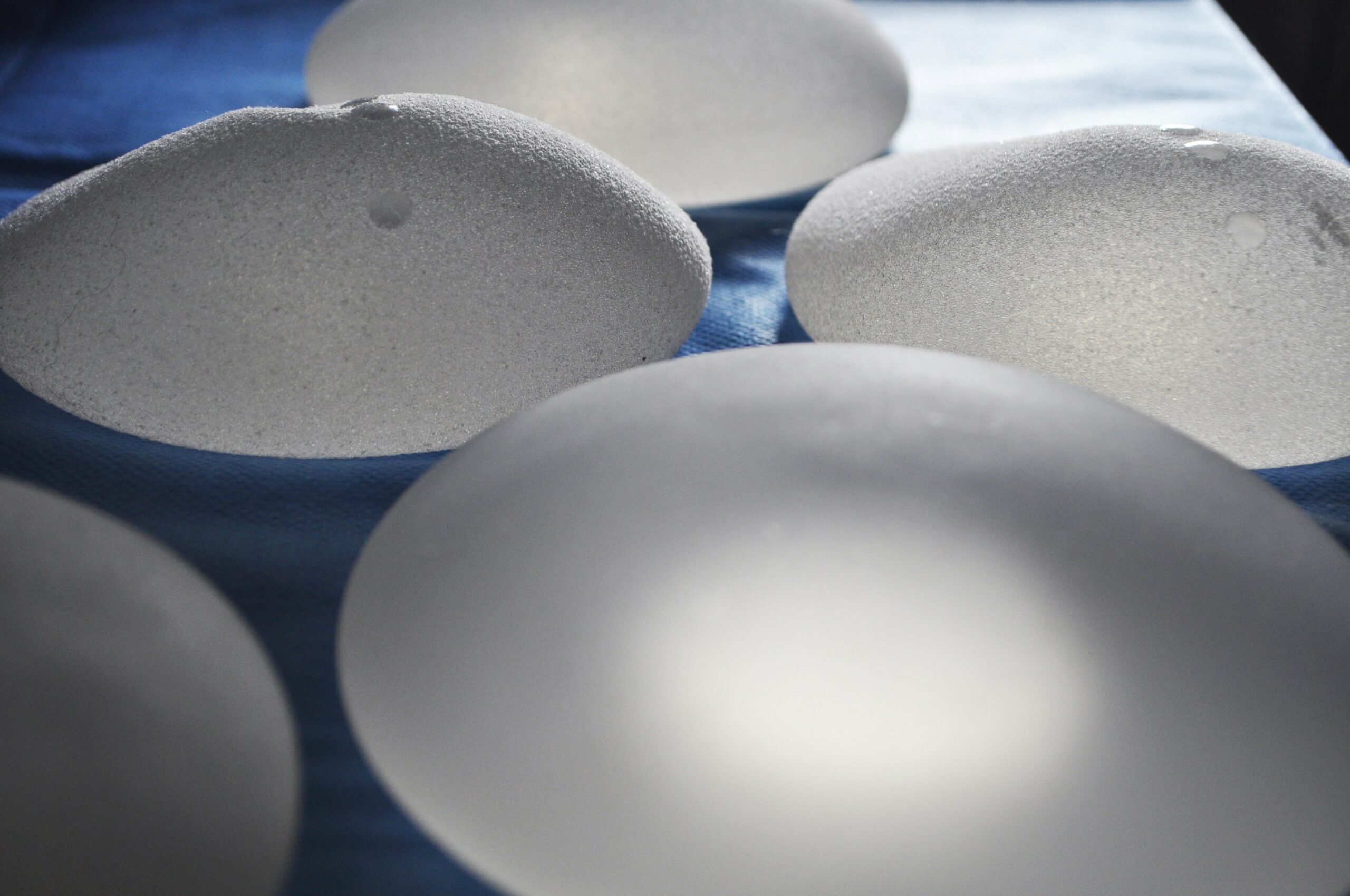
Breast implant illness (BII) is a term used to describe a range of symptoms that some individuals with breast implants report experiencing. These symptoms can vary widely among individuals and may include:
Common Symptoms of Breast Implant Illness
Fatigue: Persistent feelings of tiredness or lack of energy that interfere with daily activities.
Joint and muscle pain: Aches, soreness, or stiffness in the joints and muscles, which may be widespread or localized.
Cognitive issues: Difficulty concentrating, memory problems, brain fog, or cognitive impairment.
Autoimmune-like symptoms: Symptoms resembling those of autoimmune diseases, such as joint swelling, rashes, or flu-like symptoms.
Breast symptoms: Pain, swelling, or changes in the appearance or feel of the breasts or implant area.
Gastrointestinal issues: Digestive problems such as bloating, gas, diarrhea, constipation, or abdominal discomfort.
Allergic reactions: Skin rashes, itching, hives, or other allergic-type reactions.
Sleep disturbances: Difficulty falling asleep, staying asleep, or experiencing restful sleep.
Mood changes: Mood swings, anxiety, depression, irritability, or emotional instability.
Hormonal imbalances: Irregular menstrual cycles, changes in libido, or other hormonal disruptions.
Hair loss: Thinning hair, hair shedding, or changes in hair texture.
Swollen lymph nodes: Enlarged or tender lymph nodes, particularly in the armpit area.
It’s important to note that not everyone with breast implants will experience these symptoms, and the presence of these symptoms does not necessarily indicate breast implant illness. Additionally, these symptoms can overlap with those of other medical conditions, so it’s essential to consult with a healthcare provider for a proper evaluation and diagnosis.
If someone suspects they may be experiencing symptoms related to breast implant illness, they should seek medical advice from a healthcare provider experienced in dealing with breast implant complications and related issues. This may involve a thorough medical evaluation, including a review of symptoms, medical history, and possibly diagnostic testing to determine the underlying cause and appropriate treatment plan.
Roadmap to Overcoming Breast Implant Illness Program
This transformative self-paced guide is designed specifically for women who are ready to get back to adventuring and live their best life. Chronic pain, foggy headedness, fatigue. vertigo, gas, bloating, food allergies, heavy or missed periods, infertility, problems with regulating body weight should not be impacting your life. This comprehensive roadmap helps you reclaim your health. With step-by-step instructions and proven strategies, this guide will empower you to heal, feel vibrant, and restore balance to your body. You will gain a deep understanding of breast implant illness, discover actionable steps to alleviate symptoms, and learn how to support your body’s natural healing processes.
Unlike what you may have tried before; pharmaceutical medications, unregulated “detoxes” or misdiagnosis from health professionals unfamiliar with breast implant illness, this guide focuses on sustainable, holistic solutions that go beyond temporary relief. We provide practical tools, ensuring you not only recover but thrive. As you progress, you will feel renewed, energized, and more connected to your body than ever before.
Take the first step on your journey to overcoming breast implant illness symptoms and experience the lasting transformation that comes with this guide, supported by the option to work with us 1:1 for tailored guidance along the way.
Diagnosis, treatment, and recovery from breast implant illness (BII) within the realm of naturopathic medicine often involve a holistic approach that considers the individual’s overall health, lifestyle, and environmental factors. Here’s a general outline of how these aspects might be addressed:

Workup:
-
- Naturopathic doctors (NDs) typically conduct a comprehensive evaluation of the patient’s medical history, symptoms, and lifestyle factors.
- This may include specialized testing to assess for potential underlying imbalances or sensitivities that could contribute to symptoms, such as comprehensive blood tests, hormonal assessments, and functional medicine tests to evaluate immune function, inflammation, and detoxification pathways.
- Imaging studies or consultations with other healthcare providers may also be recommended to assess the condition of the breast implants and rule out other potential causes of symptoms.
Treatment:
-
-
- Naturopathic treatment for Breast Implant Illness often focuses on supporting the body’s natural healing mechanisms and addressing underlying imbalances.
- This may involve dietary and lifestyle interventions aimed at reducing inflammation, supporting detoxification pathways, and promoting overall health and well-being.
- Specific treatments may vary depending on individual needs but could include nutritional supplementation, herbal medicine, acupuncture, mind-body techniques, and other naturopathic modalities.
- For some individuals, removal of breast implants (explantation) may be recommended as part of the treatment plan. Naturopathic doctors may work collaboratively with surgeons to support patients through the explantation process and facilitate recovery.
-
Recovery:
-
-
-
- Recovery from BII can vary depending on factors such as the severity of symptoms, individual health status, and treatment approach.
- Naturopathic care during the recovery process may focus on supporting the body’s healing response, managing symptoms, and optimizing overall health and vitality.
- This may involve ongoing monitoring, adjustments to treatment protocols as needed, and guidance on lifestyle factors such as nutrition, stress management, sleep hygiene, and physical activity.
- Patients may also be encouraged to participate in supportive therapies or community resources to aid in emotional healing and adjustment during the recovery period.
-
-
It’s important to note that the effectiveness of naturopathic approaches for BII may vary among individuals, and treatment plans should be tailored to each person’s unique needs and preferences. Additionally, collaboration with other healthcare providers, such as surgeons or other specialists, may be necessary to ensure comprehensive care and the best possible outcomes.
Scar Therapy may be helpful to reduce pain, adhesions and prevent deformity after explant surgery.
